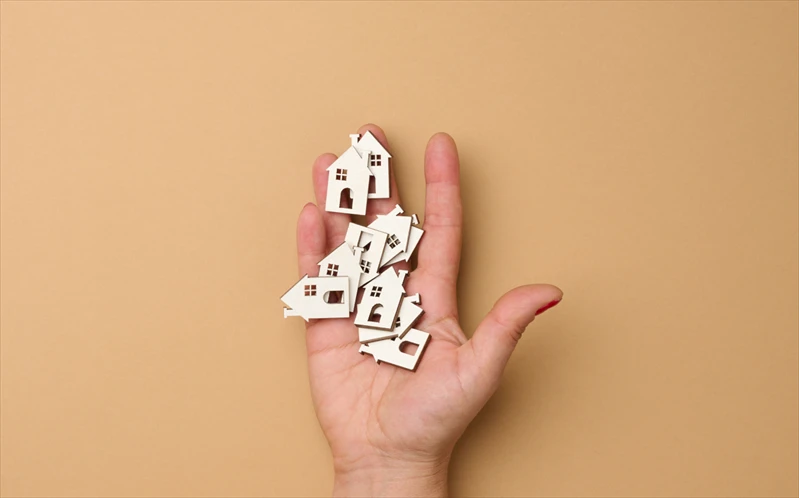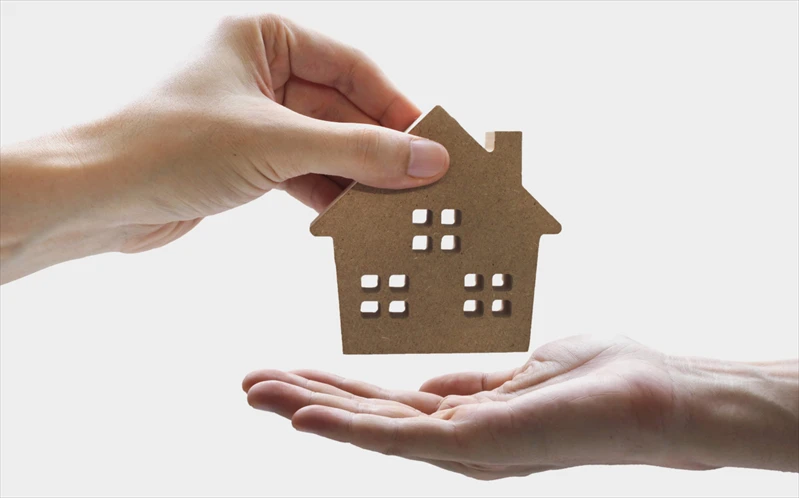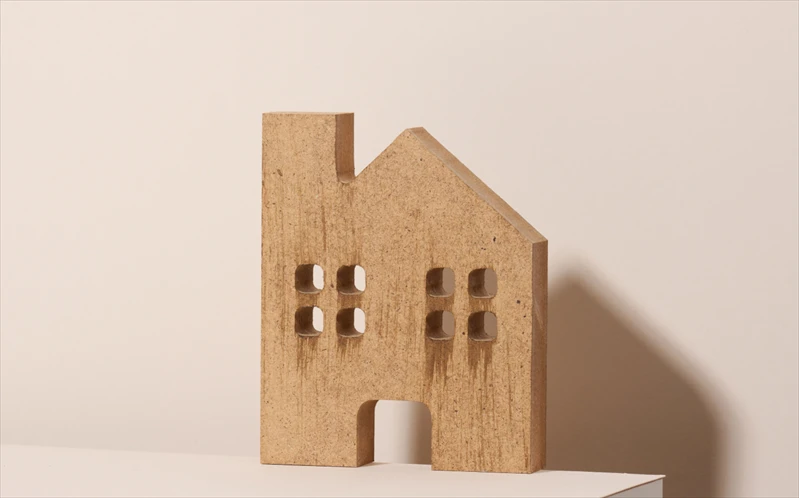
What is a mortgage? What are the types of mortgages?
A mortgage is a loan taken out against a piece of real estate, such as a home or a commercial property. The loan is secured by the property, meaning that if the borrower defaults on the loan, the lender has the right to repossess (foreclose on) the property. Mortgages can be used to finance the purchase a home or to refinance an existing loan to reduce the rate, reduce the term, or to receive cash-out.
There are several types of mortgages available to borrowers. The most common type of mortgage is a fixed-rate mortgage, where the interest rate and monthly payments remain the same over the life of the loan. This type of loan is best for borrowers who plan to stay in the same home for a long period and who want to avoid the risk of rising interest rates.
Adjustable-rate mortgages (ARMs) are another type of mortgage. ARMs start with a fixed rate for a certain period, usually five or seven years, after which the interest rate adjusts annually or every six months. This type of mortgage can be beneficial for borrowers who plan to stay in their home for a shorter period, as the initial interest rate is usually lower than a fixed-rate mortgage.

Interest-only mortgages allow borrowers to pay only the interest on the loan for a certain period, typically five to ten years. This can be beneficial for borrowers who want lower monthly payments but also want to be able to pay down the principal of the loan. These types of loans are most common for investment properties (properties that the buyer rents to tenants and does not occupy themselves).
Finally, there are also government-insured mortgages, such as FHA and VA loans, which are backed by the federal government. FHA loans are the highest cost loans available for primary residences and should be avoided if possible. VA loans are available to borrowers with military service and are typically the lowest cost loan option available.
No matter which type of mortgage you choose, it's important to speak with a licensed loan officer and to understand which option is the lowest cost per month and has the lowest closing costs.
Flat-Rate Mortgage
Flat-rate mortgages, also known as fixed-rate mortgages, are a popular choice among homebuyers. This type of mortgage offers a fixed interest rate over the life of the loan, making it easier to budget your monthly payments. Here's an overview of the flat-rate mortgage option and its benefits.
How Does It Work?
With a flat-rate mortgage, you'll make the same payment each month for the duration of the loan. The interest rate remains the same, even if market conditions cause other interest rates to fluctuate. In the current market, fixed rate mortgages have very similar rates to adjustable-rate mortgages (ARMs), and you won't have to worry about sudden, unexpected increases in your monthly payment


Benefits of a Flat Rate Mortgage
The primary benefit of a flat-rate mortgage is the stability of payments. Because you have the same interest rate and payment amount over the life of the loan, you can more easily budget for housing costs. And, you won't have to worry about sudden changes in your monthly payment.
Another advantage is that you can choose the length of your loan (between 7 and 30 years). A longer loan term will have lower monthly payments, but you'll pay more in interest over the life of the loan. A shorter loan term will have higher monthly payments, but you'll pay less in interest overall.
Drawbacks of a Flat Rate Mortgage
The main disadvantage of a flat-rate mortgage is that you may start with a higher interest rate than an adjustable-rate mortgage. As market conditions change, ARMs will adjust to reflect current interest rates, while flat-rate mortgages remain the same. This means that if interest rates drop, you won't benefit from the lower rates.
Regardless of whether you have a flat-rate mortgage or an adjustable-rate mortgage you may still want to consider refinancing your loan when market rates decrease.
Is a Flat Rate Mortgage Right for You?
Flat-rate mortgages can be a great choice if you want the security of a fixed monthly payment. It can also be beneficial if you plan to stay in your home for many years. However, if you plan to move shortly or if you expect to refinance due to decreasing market interest rates, an adjustable-rate mortgage may be a great alternative option.
Before you commit to a flat-rate mortgage, make sure to compare offers from several mortgage brokers in NJ to ensure you're pursuing the loan with the lowest monthly payment and lowest closing costs. By educating yourself on the loan options, you can make an informed decision and find the mortgage broker in NJ that's best for you.
Subscribe to our blog
Get the latest posts in your email
Recent Articles
-

Top 5 Reasons Pre-Approved Mortgages Get Denied
 9/12/2023 8:57:26 AM
9/12/2023 8:57:26 AM
-

-
